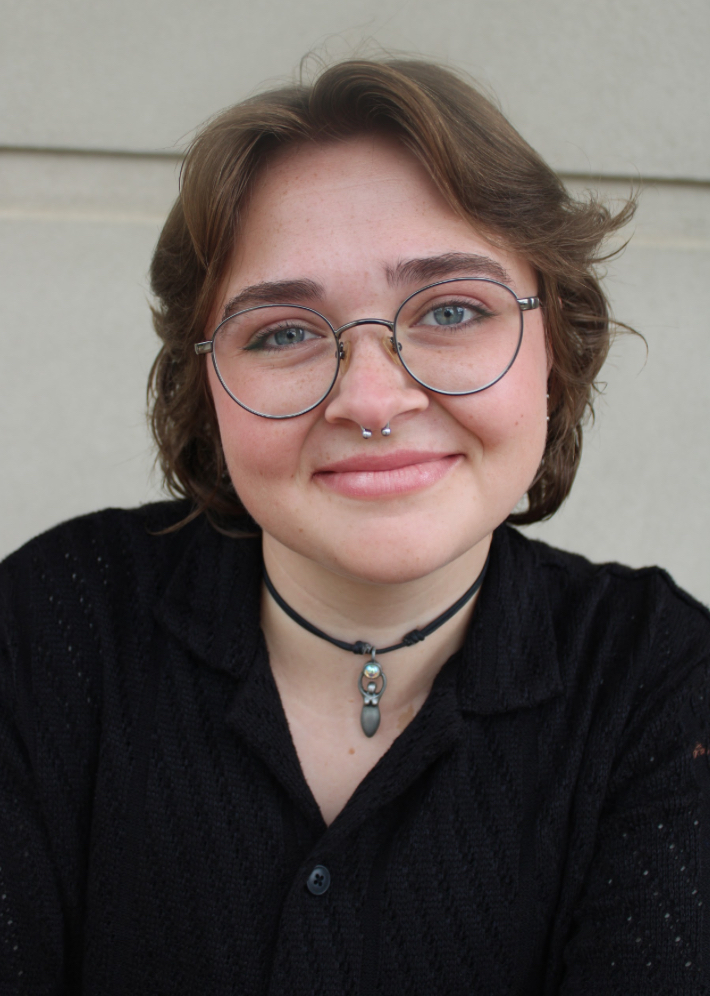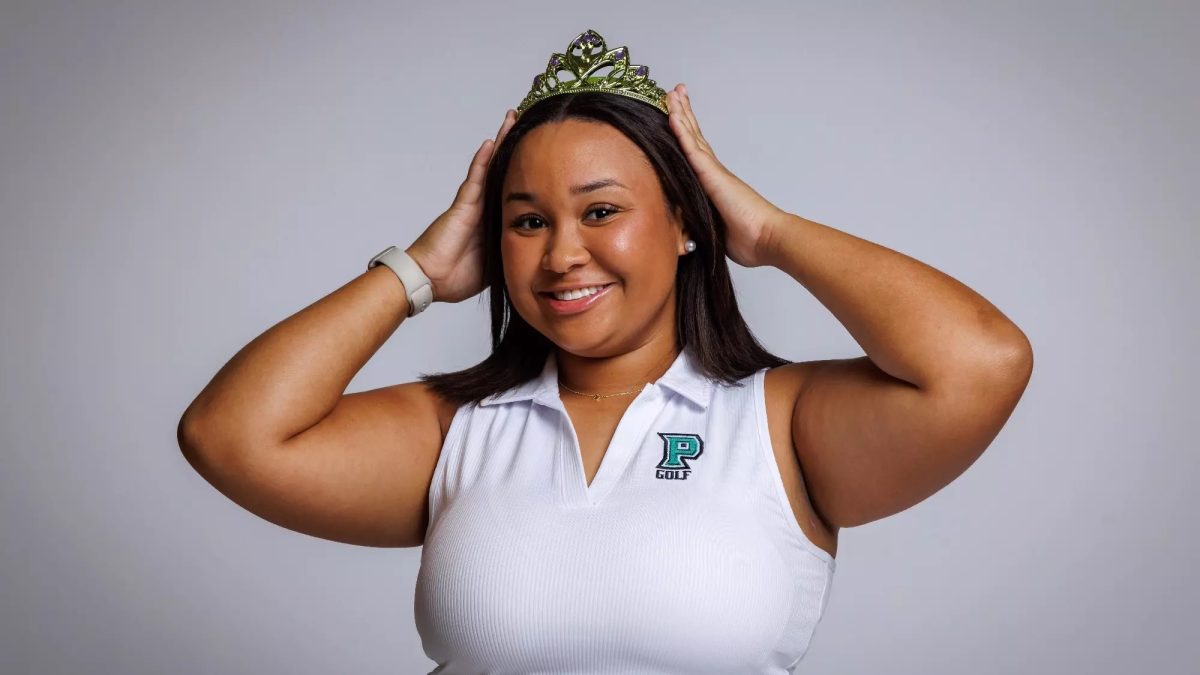
America is a country built upon the foundations of a representative type of government, tracing its roots back to Ancient Athens and Rome. A political class unique to the ancient world required the educated remain sharp in the face of frequent politicking. It was often seen the best way to be sharp would be to advocate for or against a certain issue, as to see the other side’s view would give one a greater depth of understanding for a topic. Modern debate practices as we know them began after the Renaissance, as the European Enlightenment brought ancient ideas to the forefront, which in turn inspired many of our own Founding Fathers. Societies centered around the ancient rigor of debate began in the early 18th century and academic institutions followed suit.

Recently, the Piedmont Speech and Debate Team practiced at Charlotte, North Carolina. Mia Clegg, a freshman theater arts major, placed first in Dramatic Interpretation, the act of taking a piece of fiction and moving the audience in the span of ten minutes. Clegg had also succeeded in Duo Interpretation alongside fellow Speech and Debate team member, Belle Hudson, in securing second place. Duo Interpretation is a similar concept, but a different beast from dramatic interpretation, as each duo member is usually not permitted to make physical or eye contact with one another while carrying a speech together. They must acknowledge each other’s presence, but that presence cannot be directly acknowledged by the person, merely the character. The speech and debate team had managed to place second based on their overall performance in Charlotte. Dr. Janice Moss, the faculty leader of the debate team, has once again proven her ability to lead the debate team and that shows little signs of stopping.








